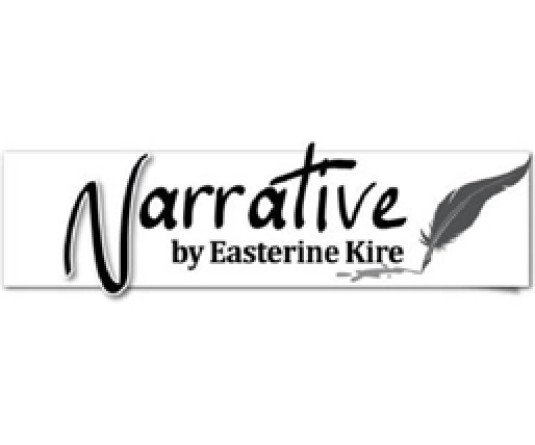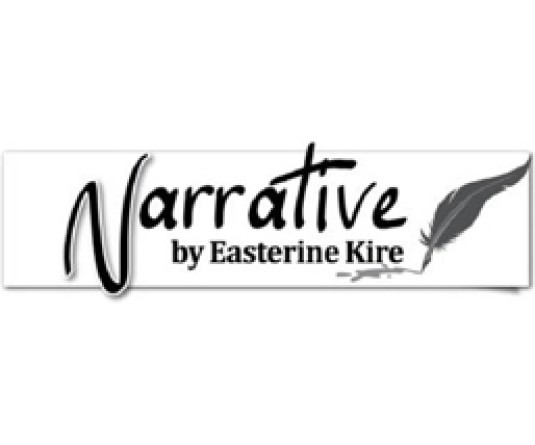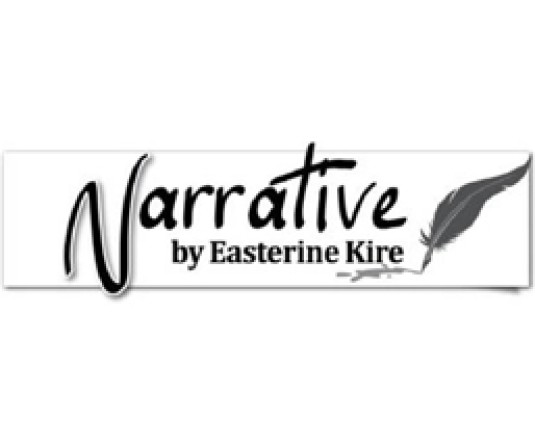
Last week I received a book report by ten-year-old Samana Wungsek on my new book, ‘The Rain-Maiden and the Bear-Man.’ It was frank and forthright, and I totally appreciated it. Young Samana is an avid reader. Her mother, Alum Wungsek, says she had the time to write the book report because she was on a short break from schoolwork.
Writers feel vulnerable when new books get reviewed because one never knows if the reviewer will bond with the book or not; if the reviewer will get what the writer is trying to do or no. Sometimes, some reviewers want to pull a book to pieces because of some prejudice against the writer’s origins, or gender, or simply because the writer has not addressed themes that the reviewer wanted the writer to address. Imagine getting a book report from a source without any of those biases. Simply thrilling! Samana’s ratings for the stories in ‘The Rain-Maiden and the Bear-Man’ varied. She found two of the stories ‘supa cool.’ High praise indeed. And it gives a clue to the kind of storyline and elements that work for a younger audience.
Two of the stories she defined as ‘weird.’ I thought, okay I can live with that. Interestingly, one of the stories she found weird was a folktale that is told in many Naga villages. It is the story of a man who went to heaven but met with a bad end. In her candid way she concluded thus on another story which was about a were tiger man - ‘in other words, I didn’t enjoy it as much.’
Other stories fared better being graded: ‘cool’, ‘pretty short and cool,’ ‘supa cool’ and even ‘fantastico!’ It felt great to earn a ‘supa cool’ from Samana. Getting this book report from a ten-year-old made me wonder about book reviews and the whole tamasha around them. Adult reviewers can kill a book or blow up a book. The term ‘rave reviews’ is simply that – pushing up a book by raving about how good it is. And some reviewers are totally off because they decide to fit a book into a literary theory. It does not work that way because books are not written to fit into theories. Actually, the theory should try to fit around the book, not the other way around.
Sadly, I have seen reviewers from one state trash the books written by writers from another state. Interstate rivalry. It only shows how petty they are, and we should exercise our wisdom and not make the mistake of using such reviews to form our opinion for us. Don’t let someone else’s opinion decide things for you. Be an adult. Read the book for yourself, see the film for yourself and find out. Stop saying, ‘I haven’t read it/I haven’t seen it, but my friend said it was not good.’ Utilise your mind yourself and exercise your own decision-making skills; don’t let others occupy it to the extent that their opinions become your opinions and you are reduced to a mimicry of their views. Because it is a fact that if you don’t use your mind, somebody else will use it for you.
There is something so dangerous about pseudo intellectualism. It is the person who uses big words and makes supercilious pronouncements without any depth to them. Look lower and look deeper. The truth lies below murky surfaces.
At the same time, there is something so invigorating about the innocence a child carries around. I choose to inhale the clarity that Samana offers and learn from it. Her words remind me of the sheer simplicity of Charlie Makesey’s words and thoughts. It’s a good road to travel on; a clear and uncomplicated road where the simple carries the profound.
I end with two extracts from Makesey’s marvellous book, ‘The Boy, the Mole, the Fox and the Horse’:
‘What do you want to be when you grow up?’ asked the mole.
‘Kind,’ said the boy.
‘What do you think is the biggest waste of time?’ asked the boy.
‘Comparing yourself to others,’ said the mole.






